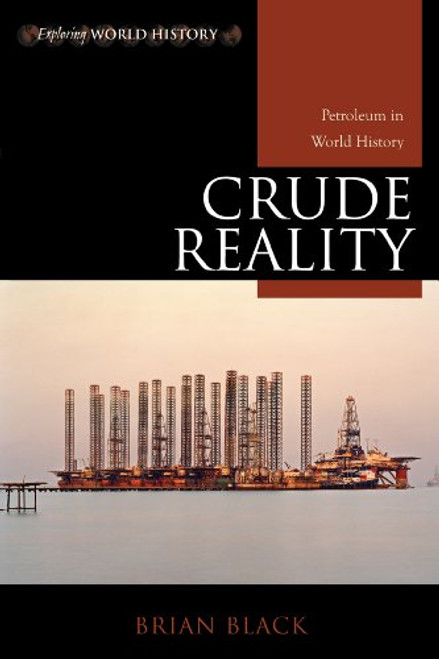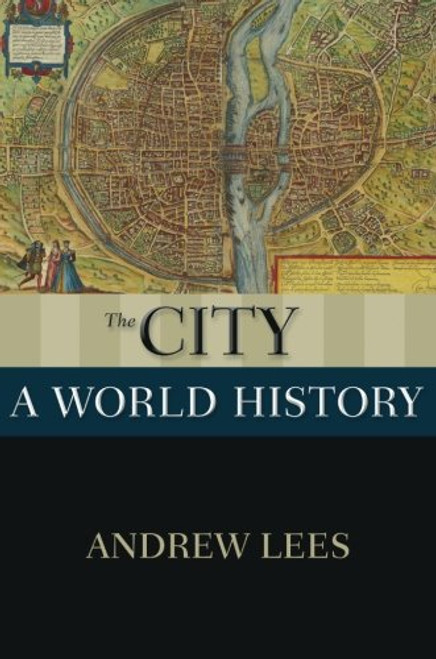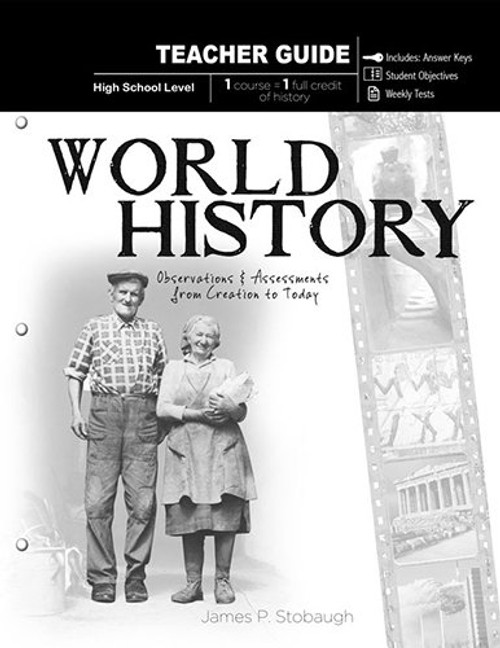Product Overview
Conventional accounts of world history tend to focus on the rise of Western civilisation and concentrate on the story of ancient Greece, the Roman empire and the expansion of Europe. The histories of the great civilisations of China, India and Japan, and therefore the experience of the majority of the world's people, have been relegated to a minor place. World History adopts a radically different approach. Starting from the assumption that the human story has to be seen in the round, it examines the evolution of humans, their lives as hunters and gatherers and their eventual adoption of agriculture, before looking at the emergence of civilisation across the globe; in Mesopotamia, Egypt, China, the Indus Valley, Mesoamerica and Peru. It goes on to tell the story of the earliest empires, emphasising not just their differences but also their similarities. It explains how contacts were established between them and how technologies, ideas and the world's great religions travelled from one to another. It describes the great empires of Islam, of China and of the Mongols. Only towards the end of the story does Europe come slowly to dominate the world, against the background of technical innovations and social and economic change.










